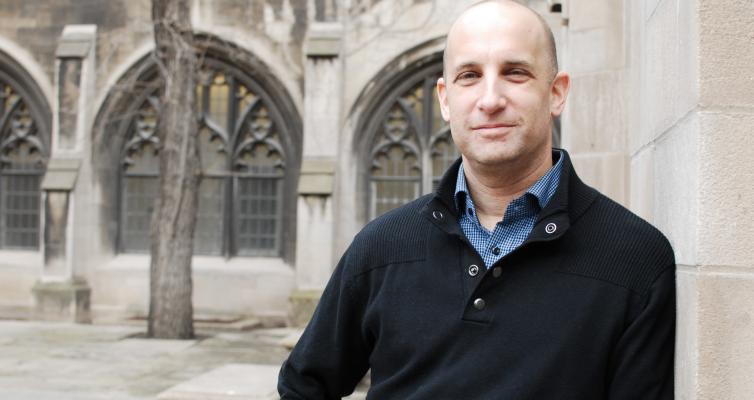What Are We Talking About When We Talk About Religion?

The way I see it, when we talk about “religion,” we generally mean the twin of what the historian Johan Huizinga called “play” (1938). Play is the human ability and penchant for doing things “as if,” for constructing a virtual reality and acting within it while not losing sight of it as a fabricated simulation. Huizinga considered play something more than a specially marked off event or a transparent overlay; it is a basic element of culture, a thread of its weave. Examples range from sports to fashion, whose commercialization obscures their essence. I believe that what powers play we can call the imaginative faculty — the mind’s process of taking in from the world, manipulating into new forms, and putting back into the world again — and that the imaginative faculty powers play’s twin, religion. Religion would be when what is produced by the imaginative faculty is experienced and treated as part of the real world, “as is” not “as if.” To be specific, religion is any and all of the things we do, think, or say that are oriented towards or around any force that is described as superhuman or supernatural (and often personified) and considered essential or pivotal to life, be it all life as such, one’s individual situation, or anything in between. This sense of religion applies to humanity as a species. Homo sapiens comes about through, or with, an imaginative faculty that produces the twinned faces of homo ludens and homo religiosus.
We also use “religion” to refer to particular groupings. Often “religion” refers to specific sets of ideas and norms as having conceptual or historical coherence, as belonging together and representing a tradition, like “Judaism.” Scholars have come to appreciate that this use hides the fact that such sets are a selective abstraction that does not reflect what all the people who identify with that religion or who are identified with it actually think and do, clear-eyed surveys of which show striking variety and incompatibility.
To capture that, one trend is to use the plural, like “Judaisms.” But this too presupposes that the set of ideas and norms at any given time and place will have consistency, which, again, is not the case. Recognizing the mismatch between this use of “religion” and the grouping it aims to describe helps bring out yet another use of “religion,” to refer to groups of people, like “Jews.” But — to continue the example — Pew study after Pew study shows that Jews who do not identify with Judaism can still identify strongly as Jews, not like “lapsed Christians,” but in another way. It is common to call that other way “ethnic,” but any look at Jews around the world shows that “ethnicity” can be just as mismatched as “religion.” Religion in these grouping senses, sets of ideas and norms or groups of people, is common and has its uses, but it hides the dynamism of people’s lives and identities. -- Simeon Chavel, Associate Professor of Hebrew Bible

